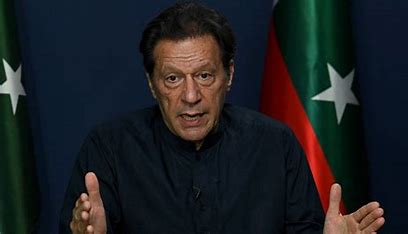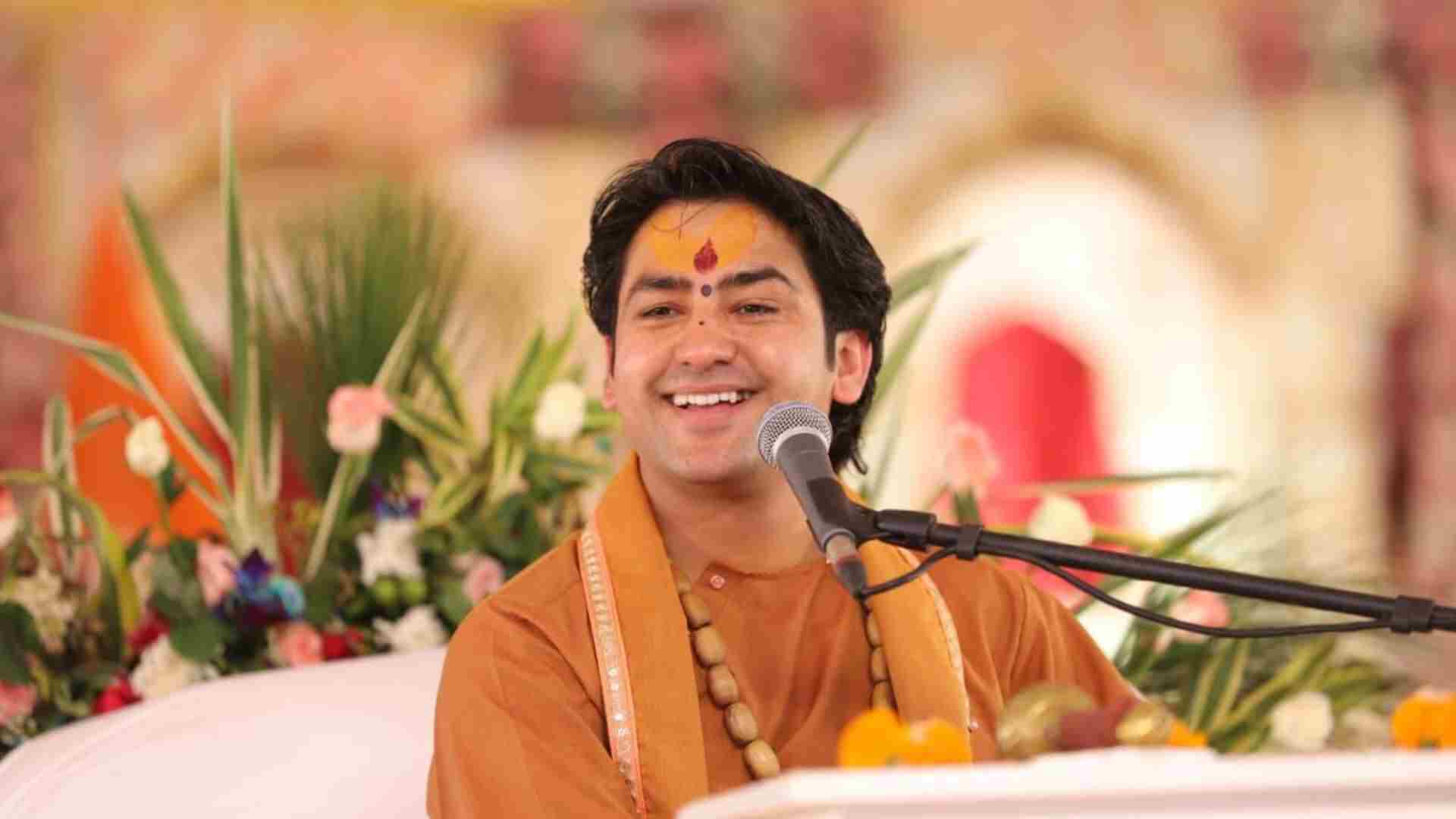
“I want to understand, you want me to memorize,
Let me comprehend– books of colossus size.”
By- Madhur Anand a first-year student at the National Law Institute University, Bhopal.
Introduction
Dr. Ambedkar included education in his five principles of life. He was of the idea that “the progress of any society depends on the progress of education in that society.” Education is crucial to a person’s growth and to his ability to become competent. An individual becomes independent through education, which also aids in stifling social ills and advances society and the nation in general. Be it the Constitution of India or the Goal for Sustainable Development, both understand the need for education in an individual’s life and lay down laws and norms for better access to education.
Question of Right Access
In urban India, approximately 90% of children between the ages of 6 and 17 were enrolled in school as of April 2021. Comparatively, fewer youngsters in the same age group who lived in rural India attended school, accounting for about 86.1 percent of the total.
I learned numerous skills while investing so many years in school, one of them being how to write more quickly because the notebook had to be completed every day and examined once a week. Teachers gave little regard to how children may understand or comprehend, while students were expected to memorize all they were told. So, if a question comes that follows after “How many have the access to education?” is “How they have been given education? Is the method of teaching well-equipped as to how society stands in the present situation and what it predicates in the future? The answer is likely to pose a very bleak picture of the education system.
Paucity of Practical Knowledge
The understanding of facts about any topic or situation is referred to as theoretical learning. By studying textbooks and memorization, one can gain theoretical knowledge. It can only be retained for a little period of time. The students become vocal authorities on the subject. The goal of this form of education is to pass the exams, not to absorb or delve into the subject. Whereas, Practical learning refers to information acquired by applying theory to practical tasks. Students who learn a subject in this manner retain it well and are likely to become experts in it. In educational institutions, practical knowledge is blatantly ignored in favor of theory and texts. Due to a lack of practical experience, many students forget what they studied after passing the exam. In India, instructors and parents place more emphasis on exam performance than on providing students with a high-quality education. Education also turns into a race. Scholars who are enrolled in schools, colleges, and universities are still extremely far from receiving practical knowledge and skill-based education.
Flawed Pedagogy
Learning through discussion was customary in India. Debates and dialogues between teachers and students were a part of the educational methodology. Xuan Zang, one of Nalanda’s most esteemed Chinese disciples, pointed out, “education in Nalanda was not primarily offered through the “bestowing” of knowledge by lecturers, but through extensive debates—between students and teachers and among the students themselves—on all the subjects that were taught.” But the same is not the situation now. Teachers don’t appreciate the need for new ideas, rather they vouch just for the transfer of knowledge. They now believe in the supremacy of monologues. They opt for the lecture method rather than having a dialogue and discussion between themselves and the students because it demands for more time. The very basic reason to resort to the lecture method is to get the course done on time and eschew any further responsibility towards students. After completion of the course, it is all in all incumbent upon the students to memorize if they wish to ace the examinations.
Conclusion
The demand for skilled and competent individuals who possess high acumen, knowledge, strong social and communication skills, and who can apply their talents in a useful way in daily life is increasing exponentially as the globe develops. And for that, education plays a role second to none.
In order to develop a new system, the NEP 2020 suggests overhauling and revising every component of the educational system, including its governance and regulation. One of the aspects of the policy lays down “Pedagogy must evolve to make education more experiential, holistic, integrated, inquiry-driven, discovery-oriented, learner-centred, discussion-based, flexible, and, of course, enjoyable.” This approach will only be feasible to reach when the teachers are willing to involve themselves as midwives which is the antithesis of banker teachers. The midwives extract knowledge from the learner’s head while bankers deposit it there. The need is to help the students inculcate their own thoughts and make their own implicit knowledge apparent and detailed.













